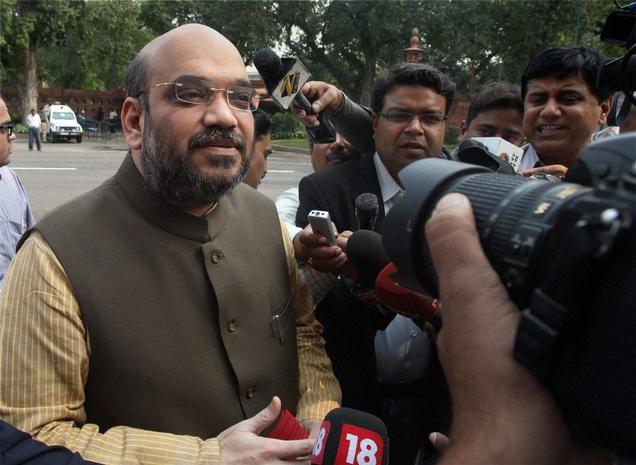
Ahmedabad, December 25: Some 57 Members of Legislative Assembly elected by Gujarat in the December polls face criminal charges, including that of rape and murder, while nearly three-fourth of them are crorepatis, up from 31 per cent in the 2007 elections, according to data analysed by the Gujarat Election Watch.
The data shows that one-third of MLAs belonging to the Congress as well as the BJP have declared criminal cases.
The top three richest MLAs are from the Congress with Balvantsinh Rajput from Sidhpur constituency having assets worth Rs. 268 crore, followed by Rajguru Indranil from Rajkot East with Rs. 122 crore and Pethalji Chavda from Manavadar constituency with assets worth Rs. 82.90 crore.
Of the 57 MLAs facing cases, charges have been framed against 35 MLAs for various crimes and 24 face serious offences. In 2007, 47 MLAs had criminal charges against them.
BJP MLA from Shehra constituency in Panchmahals district Jetha Bharwad, who had allegedly opened fire and injured four people at Tarsang village during polling on December 17 and was detained by the police, has a charge of kidnapping and inducing a woman to compel her for marriage, and two others of rape and extortion. Bharward, a former suspended police constable, faces a case of forgery. The MLA has not been convicted so far.
Janata Dal (United) strongman from tribal constituency of Jhagadia in South Gujarat’s Bharuch district Chhotu Vasava has 28 cases against him, including nine of dacoity, seven theft and three murder. Charges have been framed in 28 cases.
BJP veteran from North Gujarat Shankar Chaudhary has three murder cases. He won from Vav constituency.
A Modi confidant and former MoS (Home) Amit Shah faces two charges of kidnapping and wrongful confinement, two of murder, and one of kidnapping to murder, among others.





Comments
Add new comment